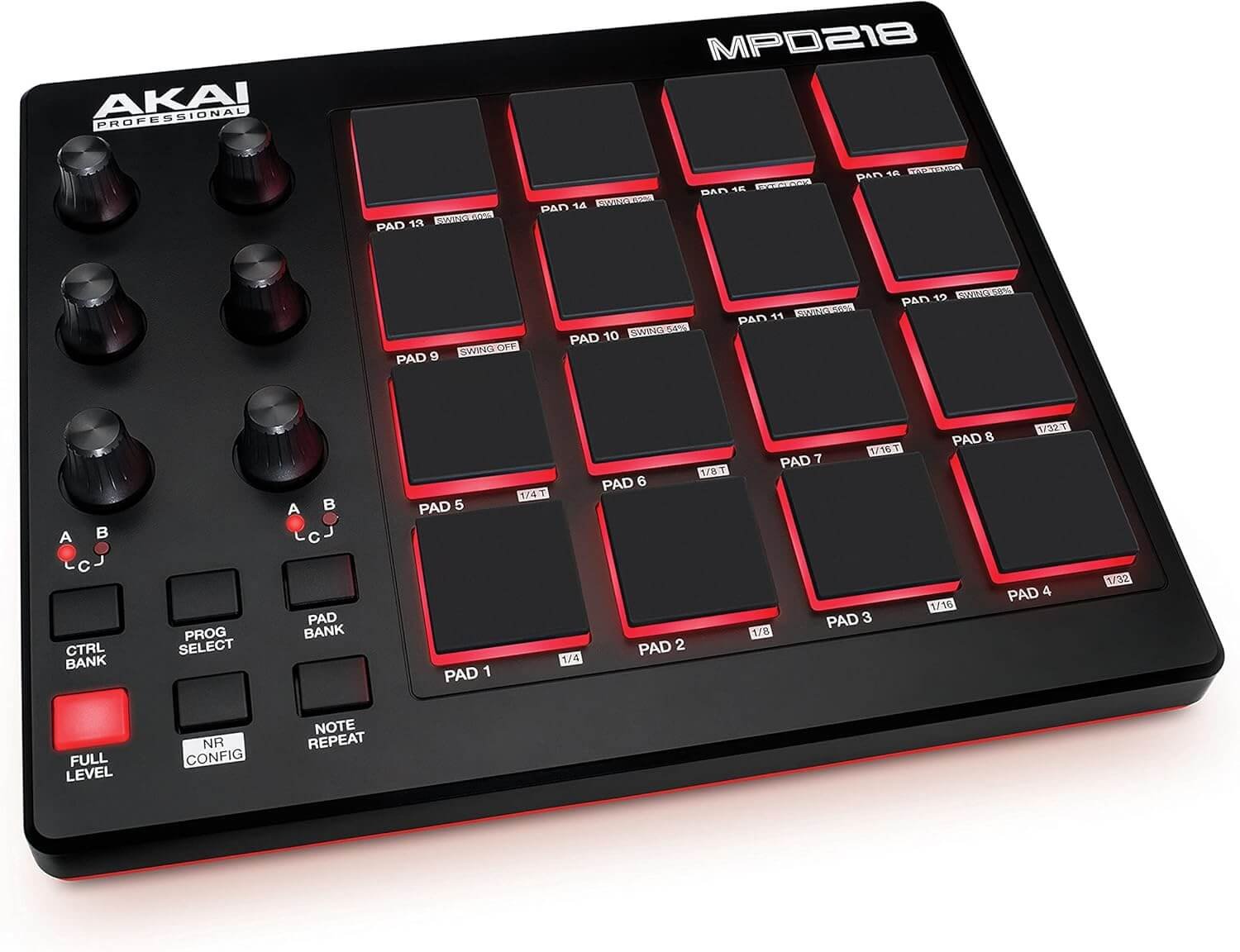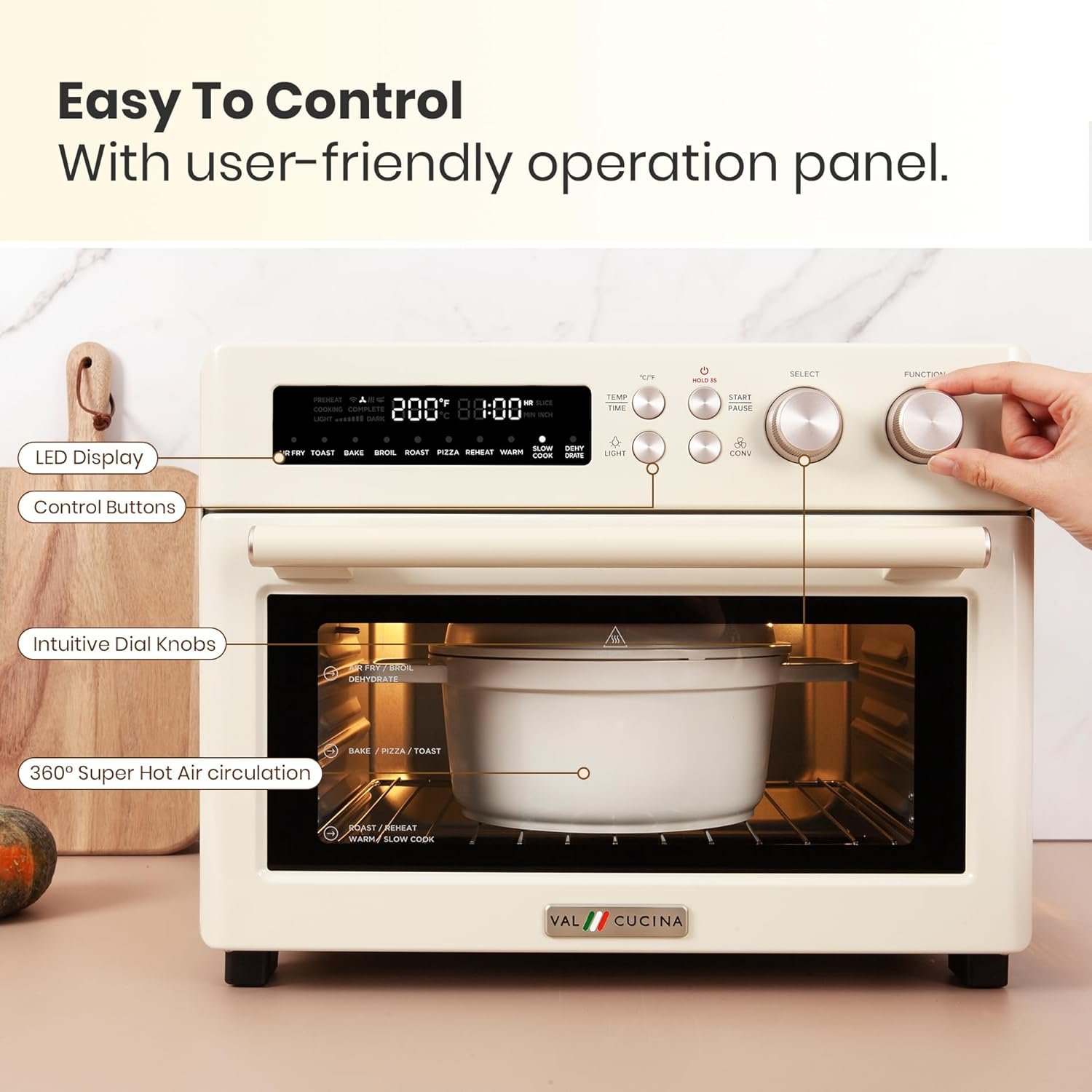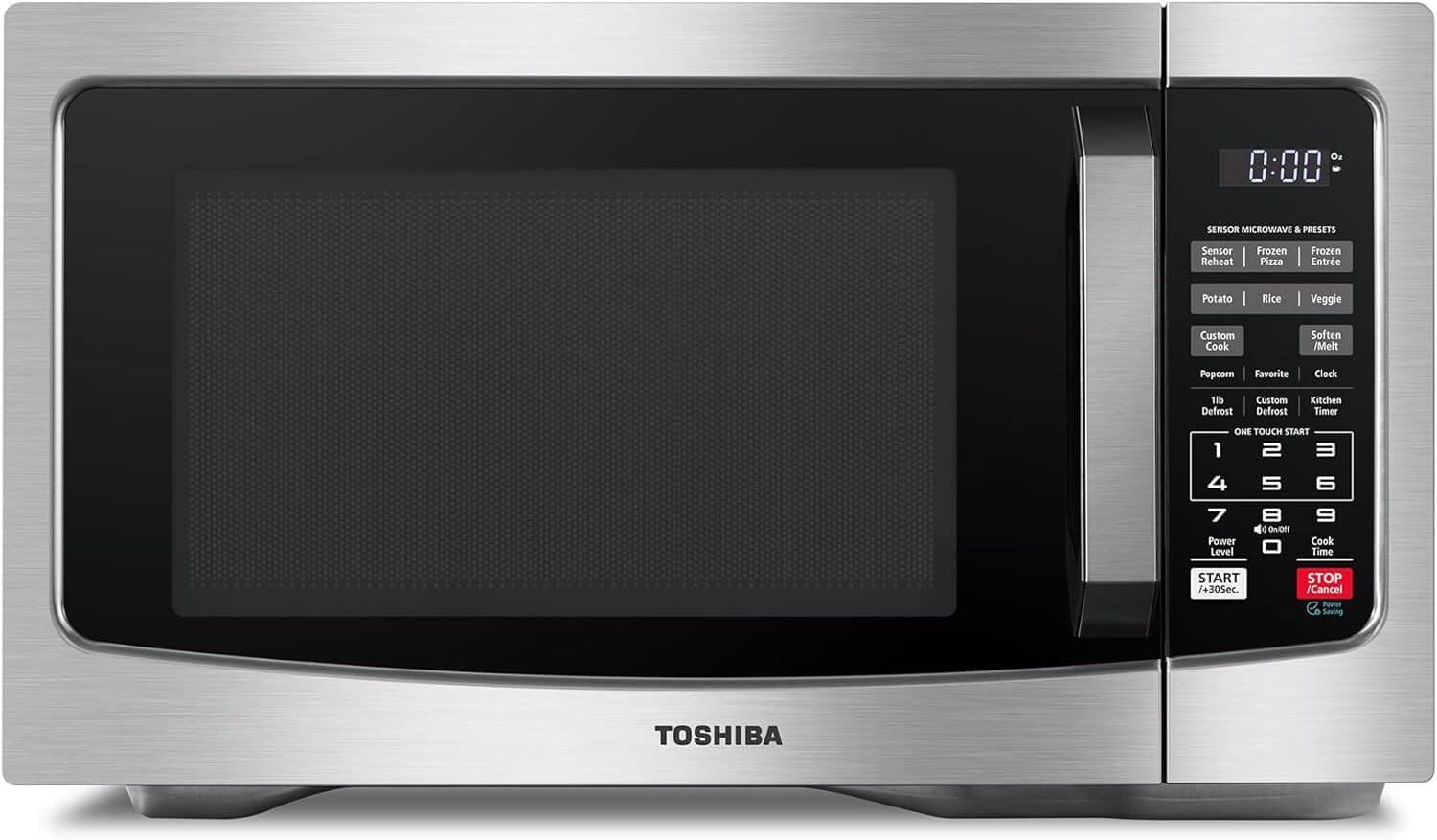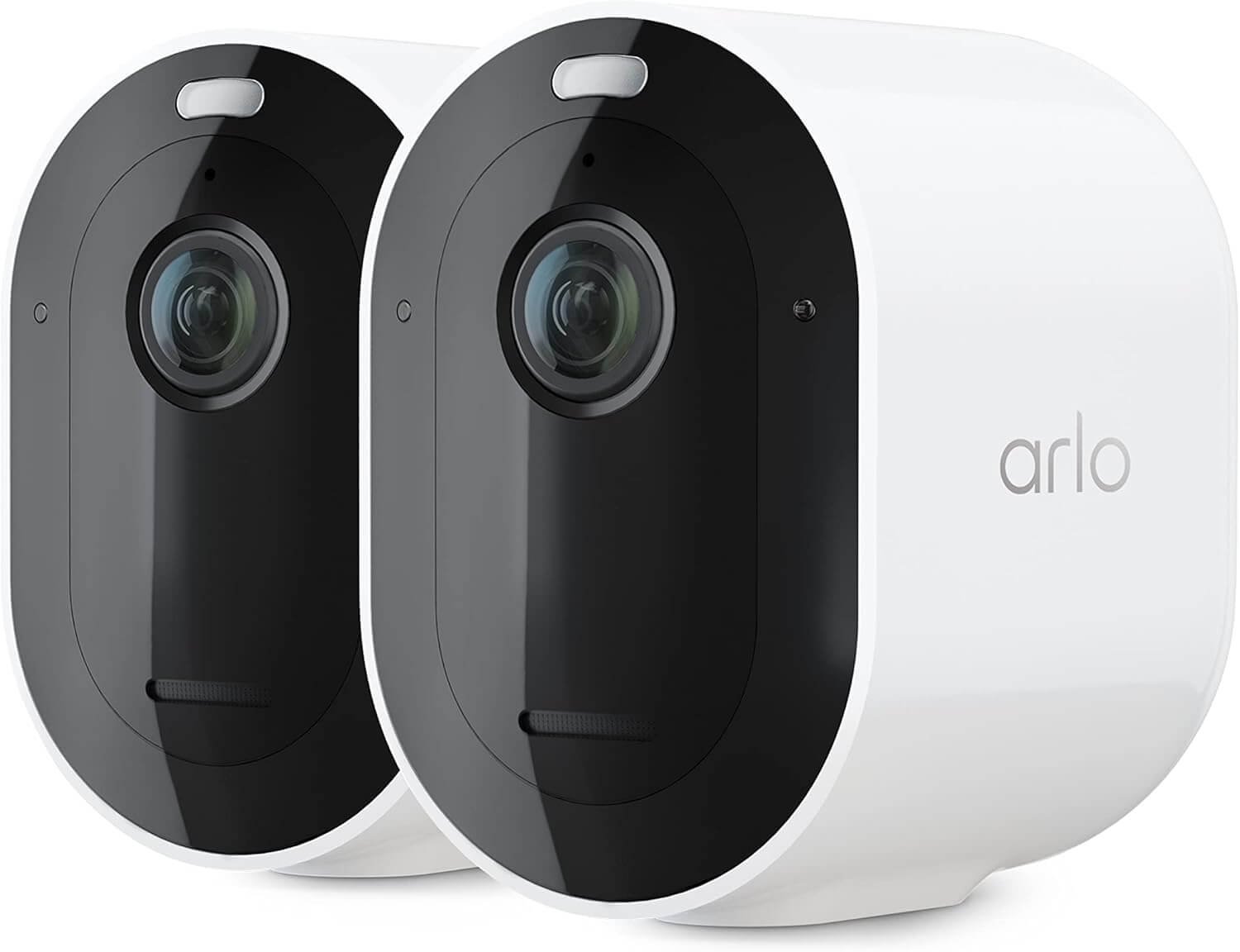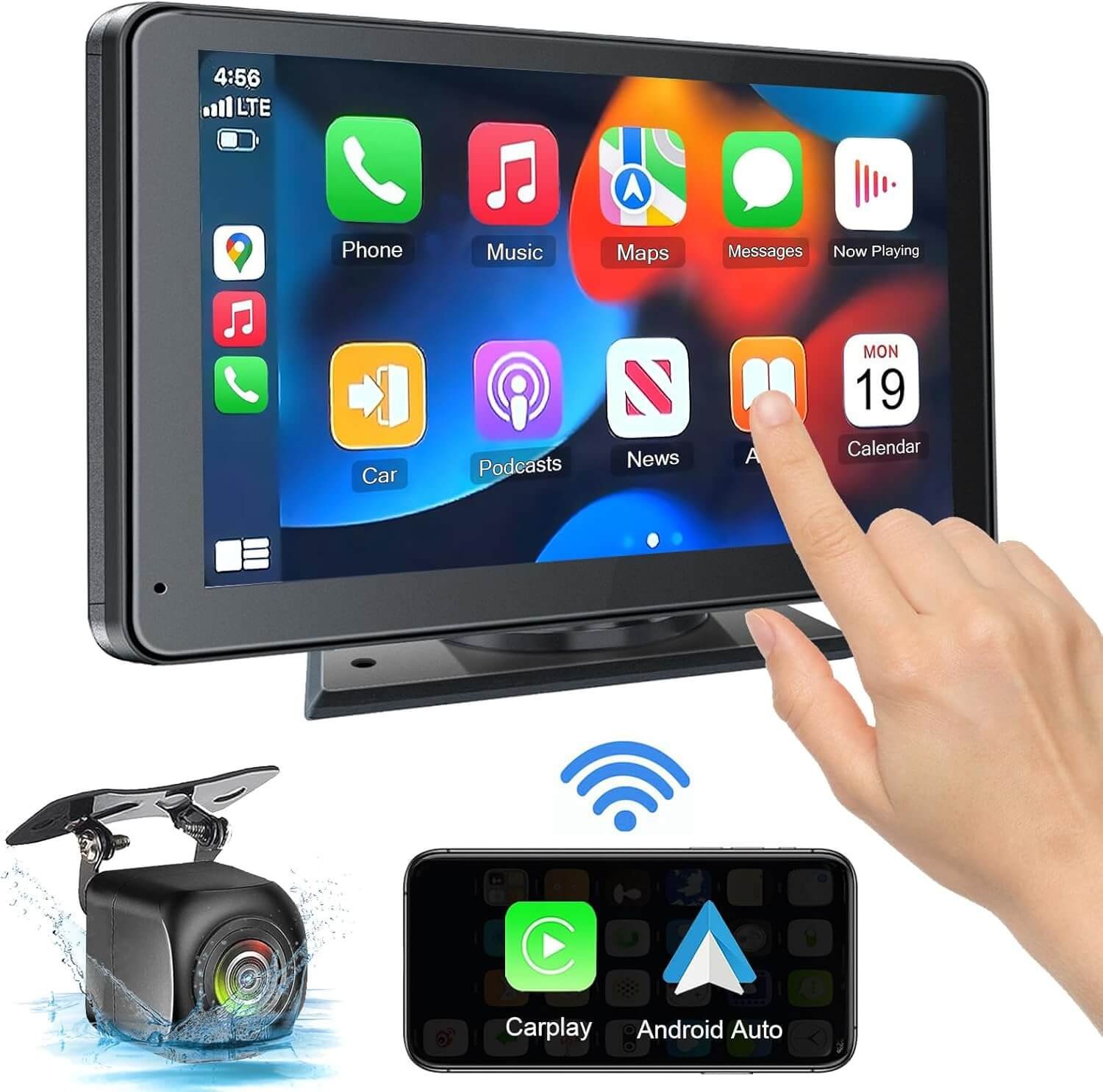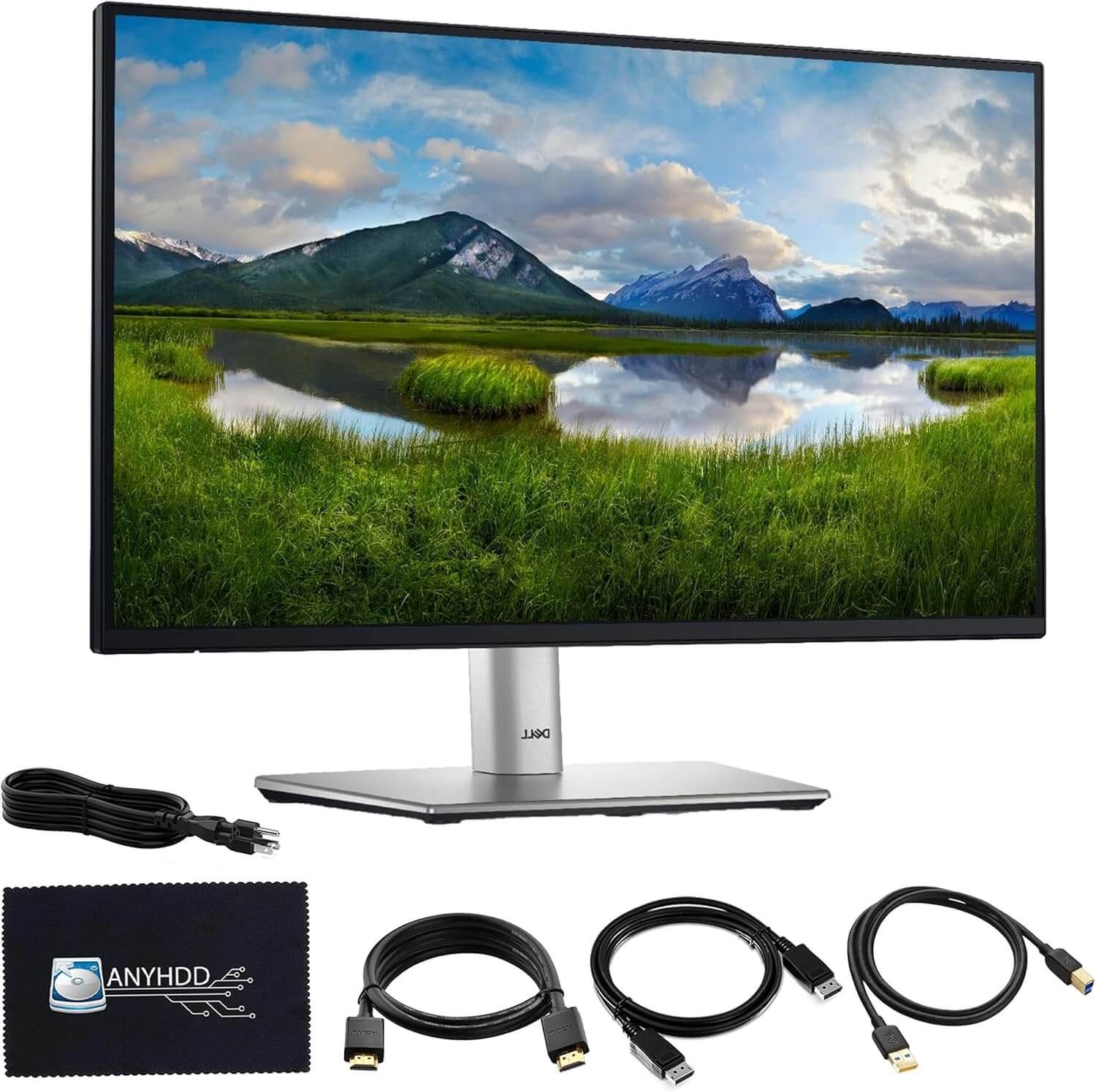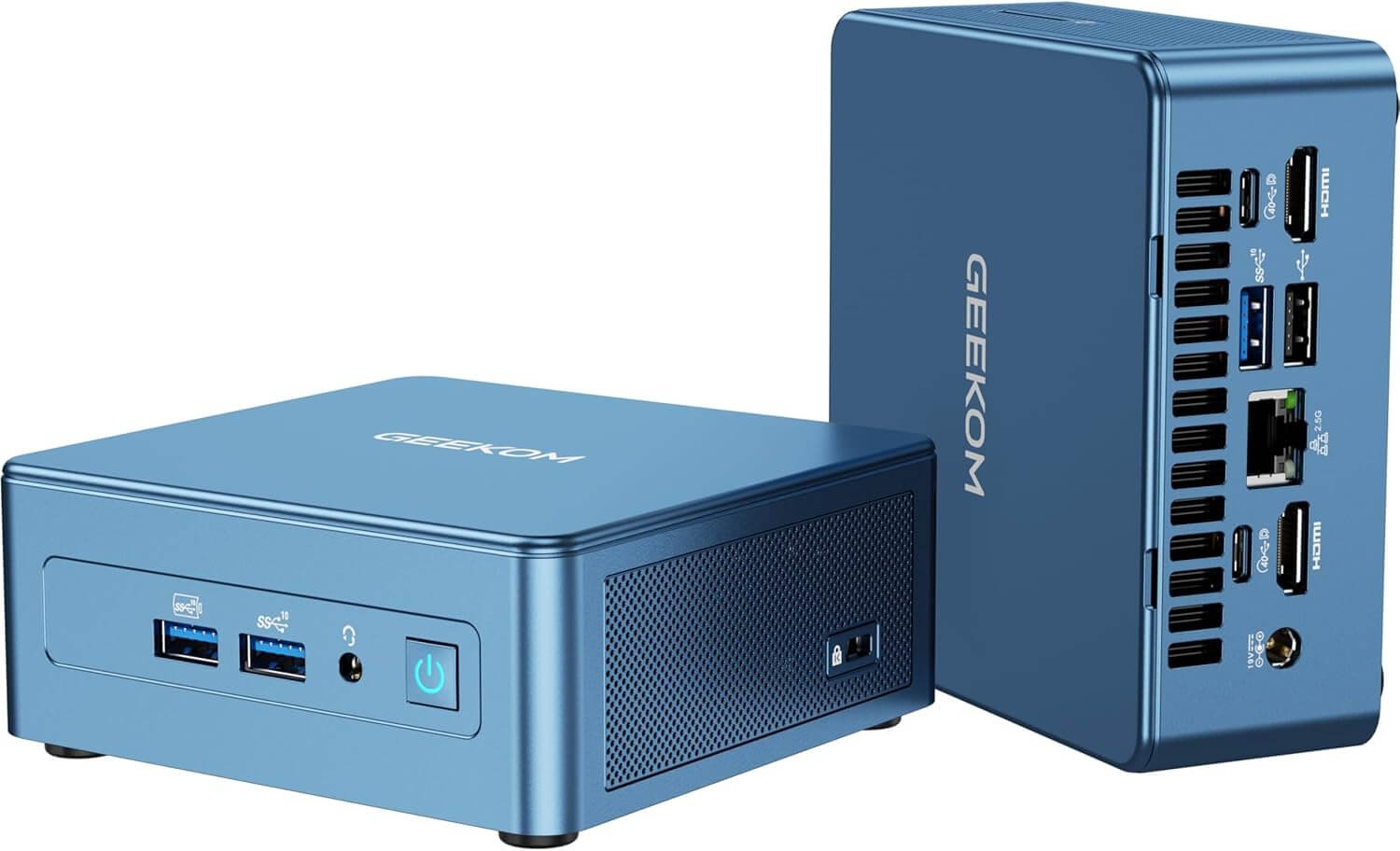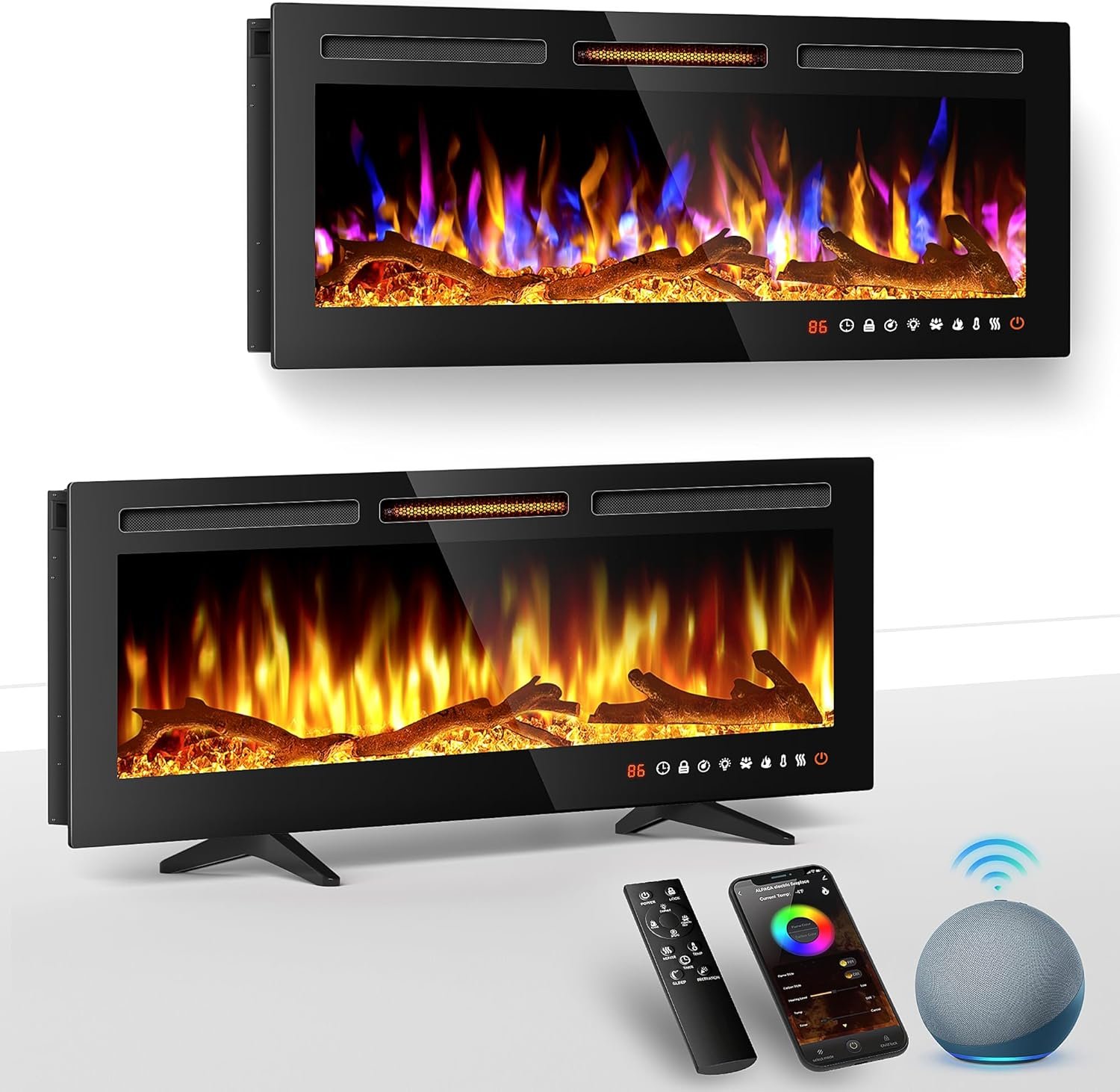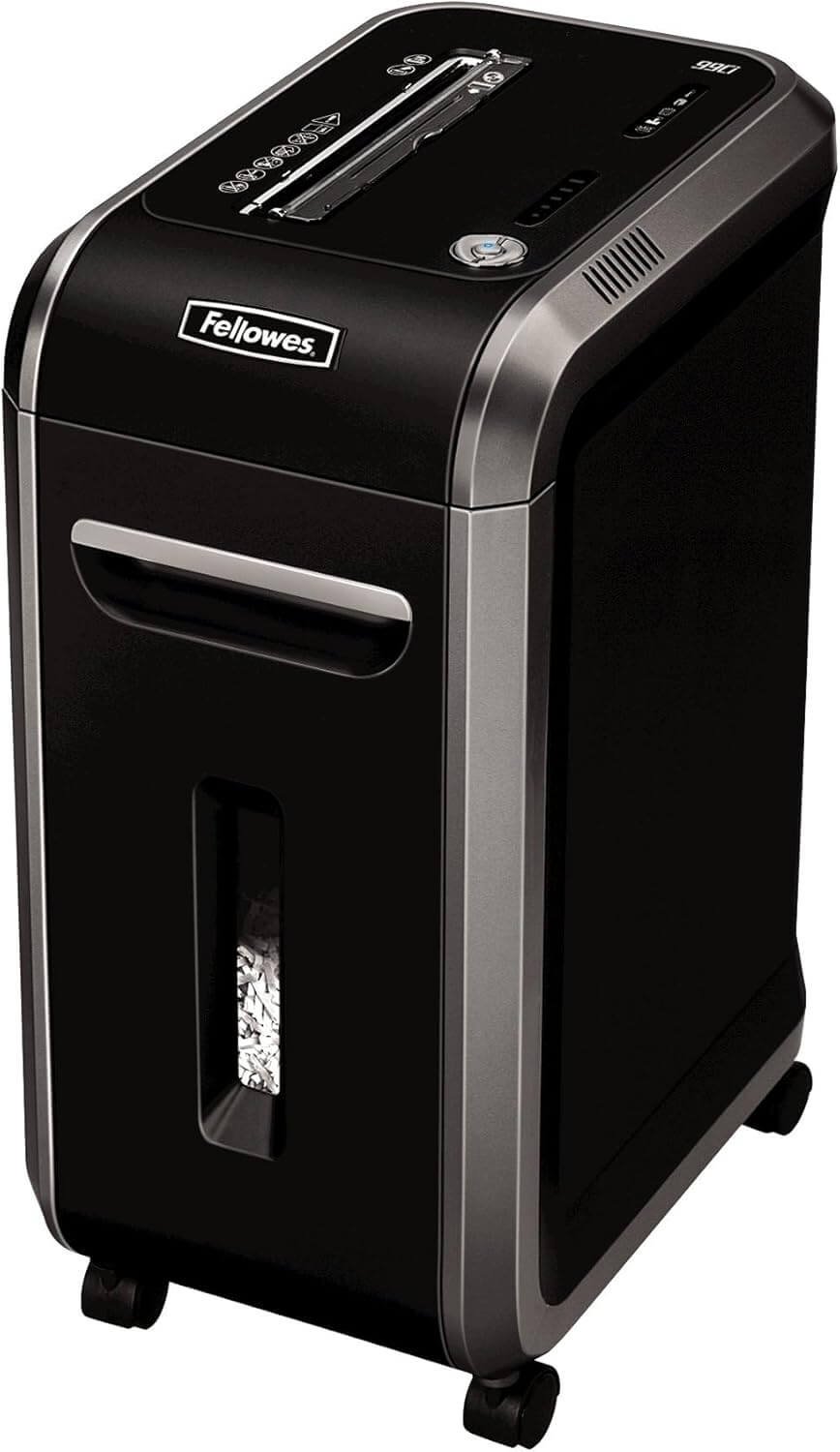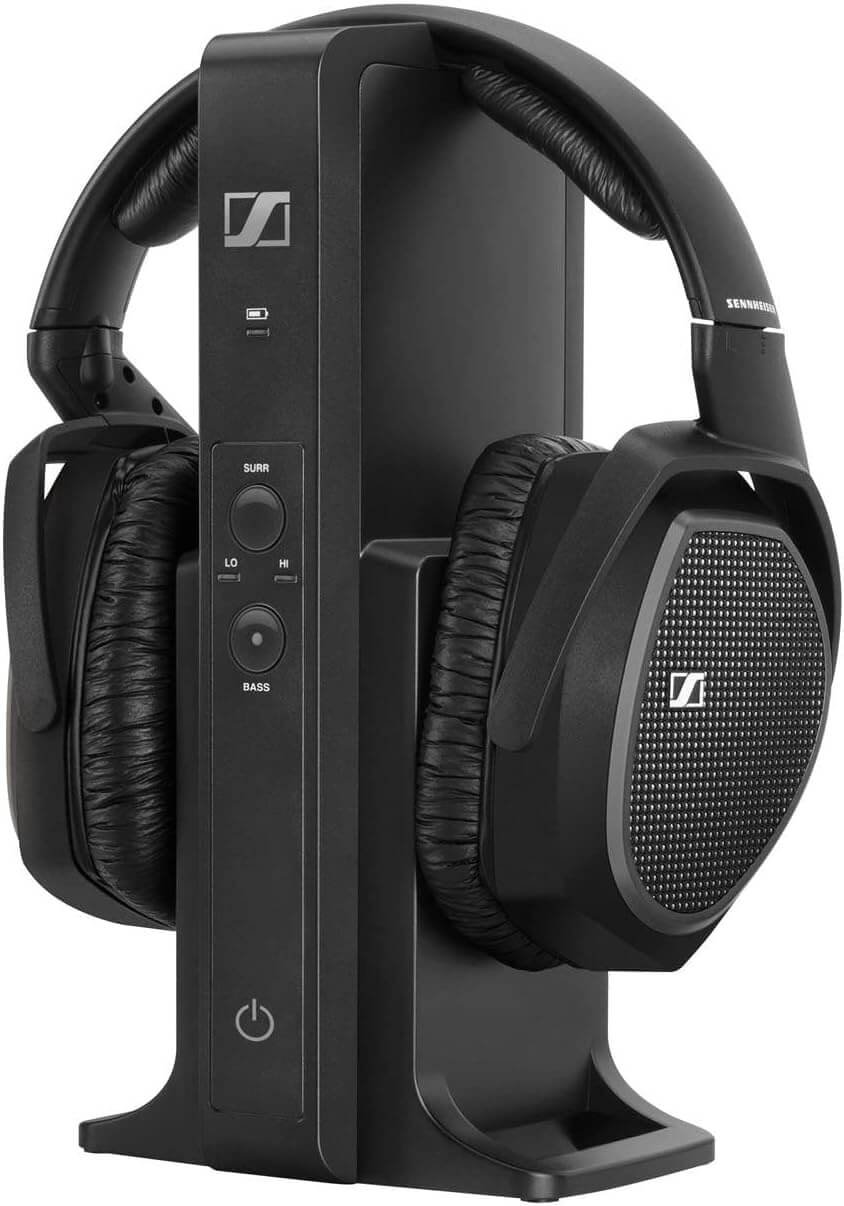Introduction to the Akai Professional MPD218
The Akai Professional MPD218 is widely recognized as a significant tool for music producers and live performers seeking an intuitive and versatile USB MIDI controller. This compact device integrates seamlessly with various digital audio workstations (DAWs) and music production software, making it a popular choice among both amateur and professional musicians. Featuring 16 velocity-sensitive pads, the MPD218 allows for expressive drumming, triggering samples, and creating intricate musical patterns that elevate the overall production quality.
One of the standout features of the MPD218 is its array of responsive RGB pads, which enable users to easily visualize their performance while enhancing creativity in composition. In addition to its tactile interface, the controller is equipped with a range of assignable knobs and sliders, providing users with the flexibility to control multiple parameters in their software in real-time. This adaptability emphasizes the versatility of the MPD218, accommodating diverse music genres ranging from hip-hop to electronic dance music.
Moreover, the MPD218 comes bundled with software packages such as Akai’s MPC Essentials, which further enhances its functionality. This software enables users to create, edit, and manipulate audio tracks with ease, streamlining the production process. The controller’s MIDI compatibility ensures that it can be used not only with Akai’s software but also with other third-party applications, solidifying its role as a central component in music production environments.
In the realm of live performance, the MPD218 provides musicians with an engaging and dynamic way to interact with their audience. Its portability and plug-and-play capability allow performers to set up quickly and focus on their artistry. As music technology continues to advance, tools like the Akai Professional MPD218 will remain at the forefront, influencing how music is created and experienced.
Key Features of the MPD218
The Akai Professional MPD218 boasts a range of features that make it a standout USB MIDI controller in the music production realm. At the heart of the MPD218 are its 16 fully responsive MPC drum pads. These pads are not only velocity-sensitive, allowing for expressive playing, but they also feature backlighting, which provides visual feedback during performances. The pads are perfect for triggering samples, launching clips, and creating drum beats, making them indispensable for both studio recording and live performances.
Complementing the pads are 6 assignable knobs, which offer enhanced control over various parameters, such as volume, filters, and effects. These knobs can be customized to suit individual workflow preferences, facilitating seamless integration with various digital audio workstations (DAWs). This flexibility ensures that users can navigate their projects with ease and precision, whether they are adjusting mixer levels or altering the characteristics of virtual instruments.
Another noteworthy aspect of the MPD218 is its note repeat function, which allows users to create complex rhythmic patterns effortlessly. This feature becomes particularly useful for crafting intricate beats, as it enables the user to hold down a pad and produce rhythmic notes at adjustable intervals. The ability to sync the note repeat timing to the host tempo further enhances its utility in real-time music creation.
Moreover, the MPD218’s USB connectivity simplifies setup and operation, as it requires no external power source, making it an excellent choice for music producers on the go. Simply plug it into your computer, and you have instant access to a powerful suite of music production capabilities. Through its combination of responsive pads, assignable controls, note repeat functionality, and straightforward USB connectivity, the Akai MPD218 stands as a versatile tool that empowers musicians to push their creative boundaries.
Build Quality and Design
The Akai Professional MPD218 USB MIDI controller presents a robust build quality combined with an aesthetically appealing design that caters to both studio enthusiasts and live performers. Constructed with durable materials, the MPD218 is engineered to withstand the rigors of frequent use, ensuring reliability whether it is utilized in a home studio or taken on the road for performances.
One of the key features of the MPD218 is its compact size, which makes it particularly attractive for musicians and producers who may be limited in space or require mobility. Measuring just 12.5 inches wide, this controller is lightweight, which facilitates easy transport without sacrificing essential functionality. This portability makes it an excellent choice for musicians who perform in various locations, as it can easily fit into a backpack or laptop bag alongside other essential gear.
In terms of design aesthetics, the MPD218 employs a sleek, modern look that is visually appealing. With its straightforward layout, the controller features 16 velocity-sensitive pads that are backlit for visibility in dimly lit environments, promoting both usability and an attractive visual when performing. The black chassis is complemented by red accents, creating an eye-catching contrast that enhances its overall professional appearance.
The arrangement of controls, including knobs and buttons, is intuitive, allowing users to navigate seamlessly without distractions during performances. Moreover, the pads are responsive, facilitating a tactile experience that translates well into expressive performance. In summary, the Akai Professional MPD218 combines durable construction with an attractive design and user-friendly features, making it an ideal choice for a wide range of musical applications.
Usability and User Experience
The Akai Professional MPD218 stands out for its user-friendly design, making it an ideal USB MIDI controller for both beginners and seasoned musicians. Upon unboxing, users are greeted with a compact, lightweight device that is easy to incorporate into a setup. The straightforward layout of the MPD218 contributes to its usability; with 16 velocity-sensitive pads that offer responsive feedback, users can easily navigate through different levels of expression in their performance.
For beginners, the learning curve is relatively gentle. The controller comes with comprehensive software, including the Ableton Live Lite, which provides a platform for users to dive into music production without feeling overwhelmed. Basic setup involves simple plug-and-play functionality, allowing users to start making music within minutes. Moreover, the assignable knobs and buttons can be tailored to control various parameters in the software, yet the initial settings remain intuitive. This combination of simplicity and functionality fosters a conducive environment for learning and exploration.
For experienced users, the MPD218 offers advanced features that enhance the production workflow. The ability to customize pad settings and the integration with numerous digital audio workstations (DAWs) provide rich options for creativity. Musicians can seamlessly map different sound libraries and control various effects, which enriches the user experience significantly. The MIDI controller’s MIDI-over-USB functionality ensures compatibility with modern setups, enabling users to easily connect and incorporate it into their existing systems.
Overall, the Akai Professional MPD218 is designed with both novice and advanced musicians in mind, facilitating a smooth and engaging user experience that caters to a diverse range of music production needs.
Performance Analysis
The Akai Professional MPD218 is a USB MIDI controller recognized for its enhanced performance features, making it suitable for both music production and live performances. At the heart of its design are the 16 velocity-sensitive pads, which exhibit an impressive level of responsiveness. This characteristic is critical for musicians and producers who demand precise control over their sound dynamics. The pads respond instantly to varied levels of pressure, allowing for nuanced articulation that replicates the feel of traditional drum playing. This responsiveness ensures that users can rely on the controller to capture the intended emotion and depth within their musical pieces.
Moreover, the functionality of the note repeat feature is another standout aspect of the MPD218. This function allows users to create and manipulate rhythmic patterns effortlessly, which is particularly advantageous in live settings where spontaneity is key. The accuracy with which the controller executes rapid sequences offers artists the ability to maintain the flow of their performance without interruption. This seamless integration of features lends itself well to both studio production and real-time engagement during live shows.
When assessing the overall reliability of the MPD218 under varying conditions, it becomes evident that Akai has prioritized durability and consistency in its design. Musicians often confront diverse environments—ranging from well-equipped studios to bustling live venues—and the MPD218 holds up admirably in each scenario. Its sturdy construction reassures performers that it can endure the rigors of both regular practice sessions and demanding live events. Consequently, the MPD218 not only meets but frequently exceeds expectations regarding performance capabilities, solidifying its reputation as a formidable choice in the realm of USB MIDI controllers.
Comparison with Other MIDI Controllers
The Akai Professional MPD218 is a popular USB MIDI controller that frequently comes up in discussions regarding portable music production tools. To understand its standing in the market, it is crucial to compare it with other MIDI controllers that offer similar functionalities. The major competitors include the Novation Launchpad X, Native Instruments Komplete Kontrol M32, and Arturia MiniLab 3. Each of these controllers presents unique features that cater to various musical preferences.
Starting with the Novation Launchpad X, it excels in grid-based music production with its RGB pads that allow for broader visual feedback during performance. Although the Launchpad X is slightly more expensive than the MPD218, users find its integration with Ableton Live particularly appealing, especially for live electronic performances. In contrast, the MPD218’s 16 velocity-sensitive pads are designed explicitly for beat-making, which many users favor for its responsiveness in triggering samples and beats.
Moving to the Native Instruments Komplete Kontrol M32, this controller provides an array of features designed for comprehensive music production. With Smart Play functions and a built-in arpeggiator, it attracts users who seek a more versatile MIDI controller. However, its compact layout may not be as conducive to finger drumming compared to the MPD218’s pad design. Pricing is another important factor here; the Komplete Kontrol M32 tends to be priced higher, thus catering to users who are willing to invest more for extensive capabilities.
Lastly, the Arturia MiniLab 3 also presents a strong competition. It features a combination of pads and knobs that offer users ample control over software instruments. However, some users consider the pad quality of the MPD218 superior when it comes to tactile response and durability. The pricing of these controllers varies but often places the MPD218 as a cost-effective choice for those starting in music production or requiring a reliable MIDI solution.
In conclusion, while the Akai Professional MPD218 offers a focused experience tailored primarily for beat-making, its competitors provide a range of features enriching usability for diverse production styles. Understanding these distinctions can help prospective users make an informed decision that aligns with their creative workflow.
Pros and Cons of the Akai Professional MPD218
The Akai Professional MPD218 is a notable entry into the world of USB MIDI controllers, providing potential users with a range of advantages and a few drawbacks to consider. This analysis will summarize the primary pros and cons of the MPD218, aiding users in determining if this device aligns with their musical needs and creative aspirations.
One of the key advantages of the MPD218 is its portability. Weighing in at just over two pounds, it is lightweight and easy to transport, making it ideal for musicians and producers who need to create music on-the-go. Its compact size allows it to fit into most carrying bags without taking up excessive space. Additionally, the unit is USB powered, eliminating the need for an external power source, which enhances its convenience for mobile production setups.
Another significant benefit is the responsive 16 RGB backlit pads, which are velocity-sensitive and provide a satisfying tactile experience. These pads allow for expressive performances and can handle a variety of playing styles. The MPD218 also features assignable controls, including knobs and buttons that can be customized to suit individual workflows in different DAWs, facilitating seamless integration into existing setups.
However, there are a few drawbacks to consider. The lack of a built-in screen can make navigation cumbersome, as users must rely on their computer screens to manage settings. Furthermore, while the limited number of knobs can accommodate basic adjustments, advanced users may find themselves wishing for more control options to fine-tune their sound. The plastic build, while lightweight, may not appeal to users seeking a more rugged feel in their equipment.
Understanding these pros and cons is crucial for potential buyers as they weigh their options in the competitive MIDI controller market.
Customer Feedback and Testimonials
The Akai Professional MPD218 has garnered a mix of feedback from users, shedding light on its performance and functionality as a USB MIDI controller. Users frequently praise the device for its responsive velocity-sensitive pads, which are ideal for both live performances and studio sessions. Many testimonials highlight the tactile feel and reliability of the pads, making it a popular choice among beat makers and electronic musicians. For instance, one user remarked that the MPD218 provided an immediacy in workflow that enhanced their collaboration with other electronic instruments, emphasizing how the responsive nature of the pads allowed for expressive playing.
Additionally, users appreciate the compact size of the MPD218, noting that its portability makes it easy to integrate into any setup, whether at home or on stage. One reviewer mentioned that the controller fits perfectly within their small workspace, yet it does not compromise on functionality. Many users admire the bundled software and the wide range of customization options available, which enhances the versatility of the controller. These features often lead to a more personalized music creation experience, as users can tailor the device to suit their unique styles.
Conclusion and Final Thoughts
In summary, the Akai Professional MPD218 emerges as a compelling USB MIDI controller for both novice and experienced producers. Its combination of portability, user-friendly interface, and advanced features makes it an ideal choice for musicians seeking a reliable tool for music creation. Throughout this review, we have highlighted key aspects of the MPD218, such as its 16 MPC pads, which provide a tactile and responsive playing experience, enabling users to capture their creativity in real-time.
Additionally, the seamless integration with popular software platforms further enhances its value. The inclusion of customizable controls allows for a tailored user experience, ensuring that individuals can adapt the device to meet their specific needs. With 48 assignable pads and the capability to manipulate various parameters, this MIDI controller accommodates a wide range of musical genres and performance styles, making it incredibly versatile.
Moreover, its robust build quality ensures durability, while the lightweight design promotes mobility, allowing musicians to create music on the go. For those looking to expand their setup, the MPD218 can easily complement other gear, contributing to an expansive music creation environment. Potential buyers should consider their individual requirements when selecting a MIDI controller, as the MPD218 may serve as a central piece in their creative toolkit.
Ultimately, the most suitable MIDI controller will depend on one’s personal preferences and workflow. However, given its features and performance, the Akai Professional MPD218 represents an excellent investment for serious music producers and hobbyists alike. As you reflect on your options, weigh the advantages of the MPD218 against your specific needs to determine if it aligns with your music production journey.

